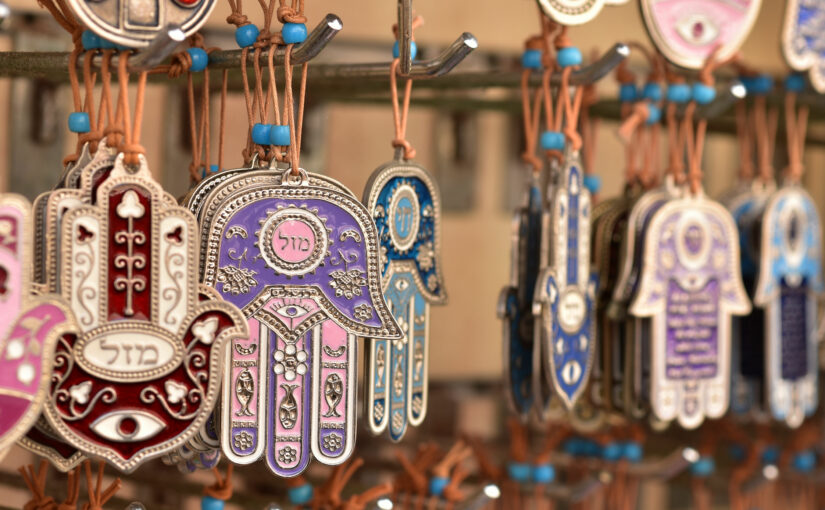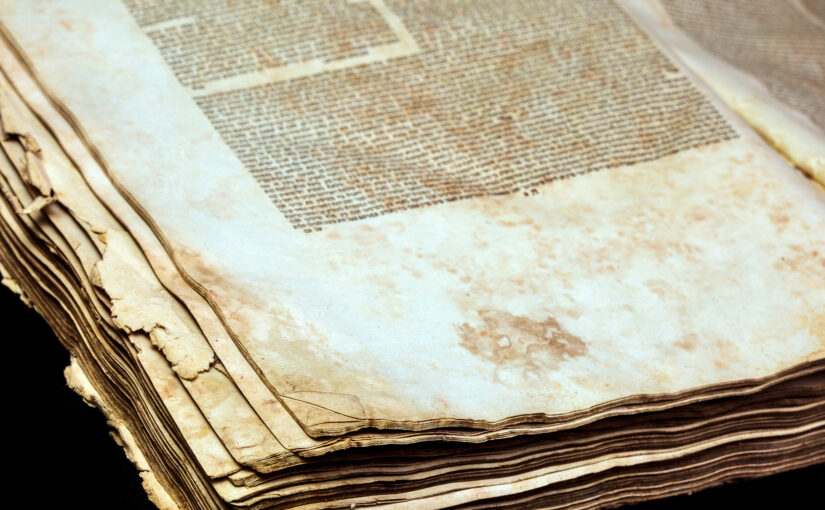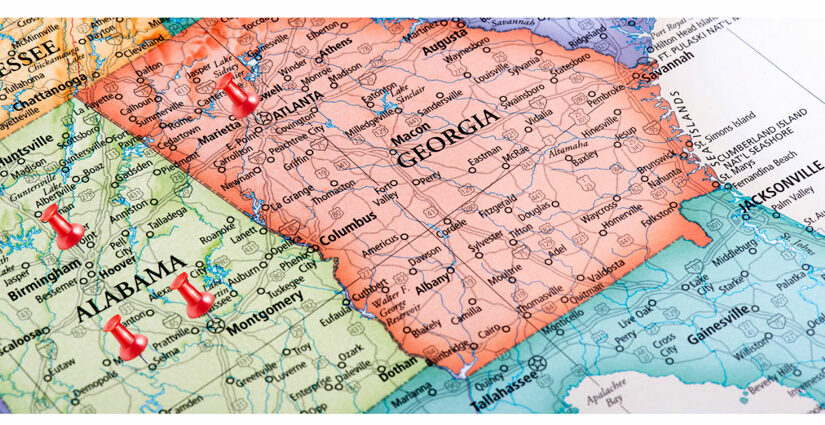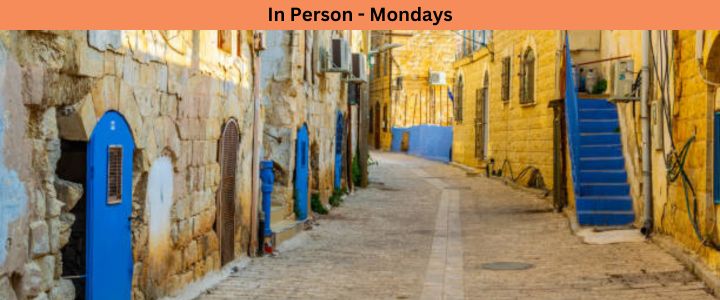Year Two Medieval and Modern MC: Tuesday Evenings -In Person at Hebrew College
Program: Hebrew College Me’ah Classic
Instructor: Dr. Jacob Meskin (Medieval) and Dr. Jordan Katz (Modern) (Read Bios)
Dates: 11 Tuesdays, Fall 2024: 9/10, 9/17, 9/24, 10/8, 10/15, 10/29, 11/5, 11/12, 11/19, 12/3, & 12/10
Time: 7 -9 p.m.
Course fee: $490 for the Fall Medieval semester only, financial aid is available
Location: Online via Zoom
Hosted by: Hebrew College
Registration: Click here
The Me’ah Classic Year 2 Program begins with Medieval in the Fall and continues with Modern in the Spring. Your tuition covers the Fall semester.
Fall: Medieval
Study the Jewish mindset and the contours of medieval Jewish civilizations under Islam and Christianity during the Middle Ages (600 to 1700 CE).
Jewish life during the Middle Ages (about the seventh century through the 17th century), built upon earlier rabbinic foundations, made manifest in form and content what the rabbis of the Talmud had only begun: the construction of a rabbinic Jewish civilization, with distinctive approaches to community life, behavioral norms, and beliefs and values. As a result, Jewish culture and its genres expanded dramatically in several areas: philosophy, mysticism, liturgy and commentaries on the Bible and talmudic texts.
Readings and discussions in this sequence focus on Jewish encounters with non-Jews, including the rise and fall of Jewish life in Spain and Eastern Europe. You will examine the modes of community that Jews constructed in the shifting diaspora, as well as the expansion of Jewish thought in the areas of philosophy, mysticism, liturgy, and biblical and talmudic commentaries.
Winter/Spring: Modern
Beginning with the 17th century Age of Enlightenment, modernity posed a significant challenge to traditional Jewish culture, community, and identity, creating new social and economic opportunities but also threatening traditional Jewish values and society. As in each of the previous eras, modern Jews remained preoccupied with sacred texts, suggesting that however great the impact of rupture and discontinuity, their passion for reading and re-reading classical Jewish texts became the creative wellspring for modern Jewish thought.
You’ll delve into some of these modern primary texts representing differing ideological viewpoints — works of Jewish philosophers such as Martin Buber and Franz Rosenzweig, and Zionist thinkers such as Ahad Ha’am and Micha Josef Berdyczewski — that mirror the issues faced by Jews of that era.
And you’ll wrestle with the subtle points of comparison and contrast between Jewish modernity and the civilization we’ve inherited. Texts will examine the emancipation of European Jewry; the rise of Hasidism; the Jewish cultural revolution of Eastern Europe; and the birth of Modern Zionism.
Suggested Readings Before Year Two:
Below are a few suggestions (not mandatory!) for reading before Me’ah Classic Year Two begins.
Historical Fiction
People of the Book, Geraldine Brooks
A Guide for the Perplexed, Dara Horn
The Coffee Trader, David Liss
The Day of Atonement, David Liss
The Weight of Ink, Rachel Kadish
We encourage students to take Year One before registering for Year Two. If, however, starting with Year Two would work better for your schedule, please contact Terri Swartz Russell, Associate Director, Me’ah Classic at meah@hebrewcollege.edu.







